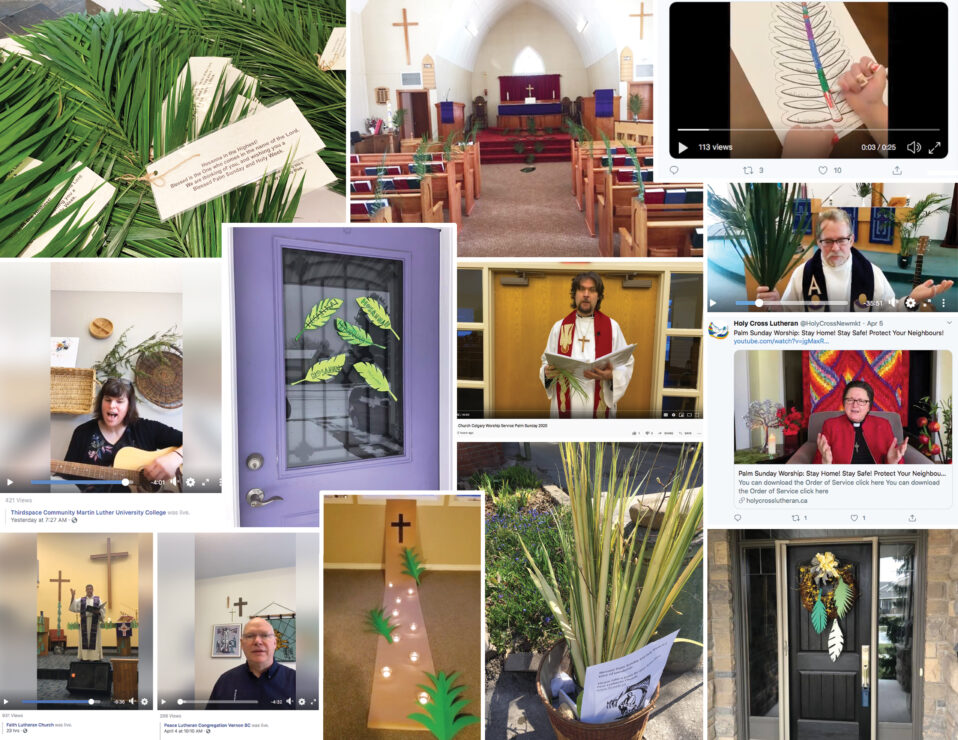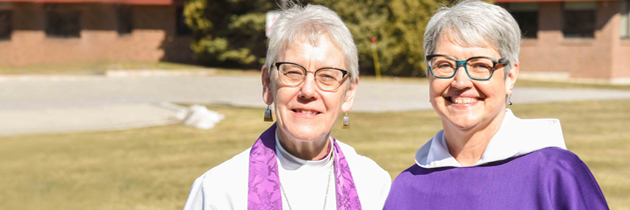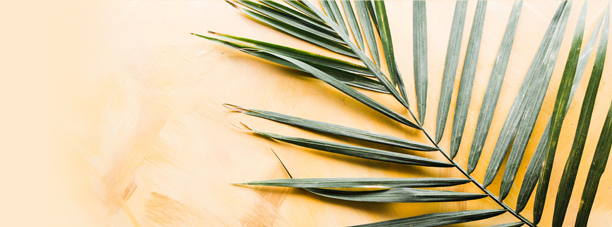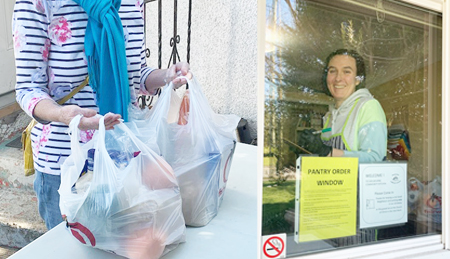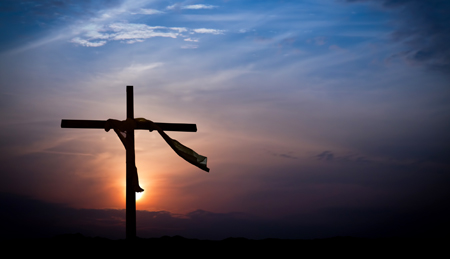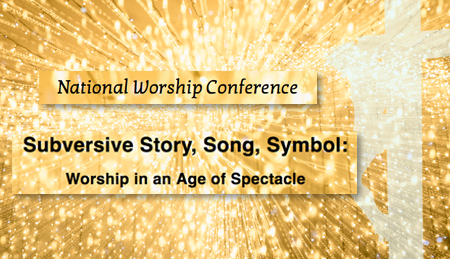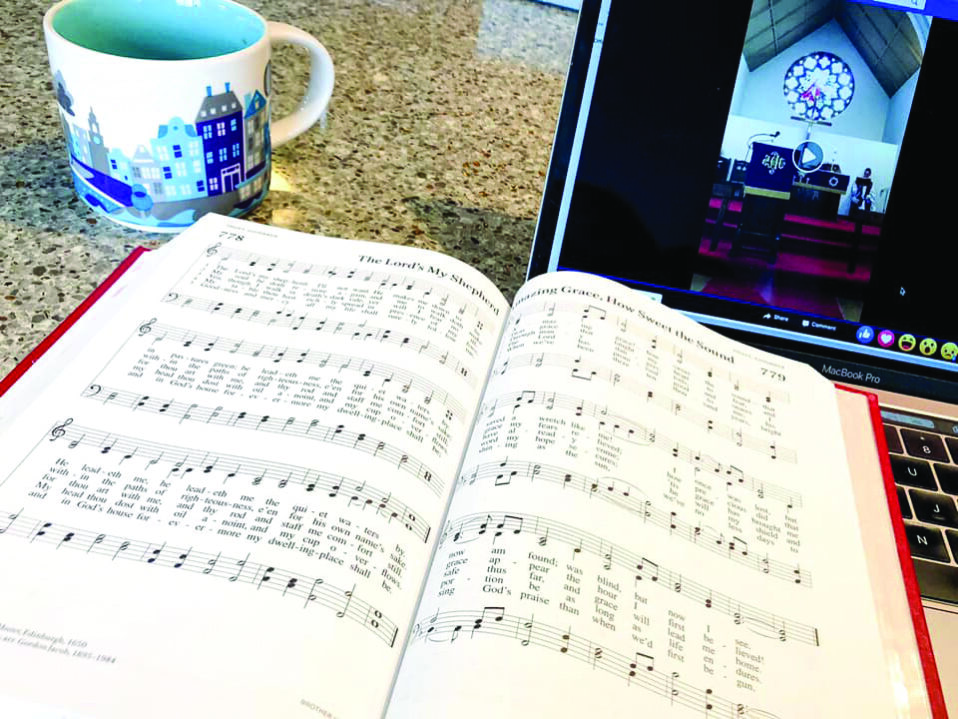Historically, Palm Sunday has been a time to gather in community with one another, marking the last week of Jesus’ life and his glorious entry into Jerusalem on the Sunday until his death on Friday.
2020 Easter Message
Earlier last month, ELCIC National Bishop Susan Johnson and Anglican Church of Canada Archbishop Linda Nicholls recorded a message looking towards the future as we journey with one another towards Easter.
View the video here: https://youtu.be/mzuIGfodf30
Palm Sunday message from our National Bishop
A message for Palm Sunday from our National Bishop Susan Johnson.
View the message on youtube: https://youtu.be/JE7Z9UfidtA
Lutherans find new ways to serve community in the midst of COVID-19
These past few weeks have been challenging in many ways as we do our part to flatten the curve and prevent further spread of COVID-19. But how has this impacted those who, even before recent restrictions on our day-to-day lives, are struggling to make ends meet and have food for their families?
A letter to the church as we look towards Holy Week
In a letter to the church as we look towards Holy Week, our ELCIC National and Synod Bishops remind us that, “although we are not able to physically gather in worship, Easter is not postponed. Resurrection is coming! Jesus still comes to each of us into our isolation and says peace be with you!”
An Announcement on the 2020 National Worship Conference
Over the past few weeks, members of the planning team for the 2020 National Worship Conference from the Evangelical Lutheran Church in Canada (ELCIC) and the Anglican Church of Canada (ACC) have been monitoring updates as coronavirus (COVID-19) continues to escalate.
COVID-19 physical distancing strategies bring about new ways to come together as community
Over the past few weeks, the spread of coronavirus disease (COVID-19) has changed how we function in our day-to-day lives drastically. Working from home is now a reality for many. Visits have become phone calls, while gym memberships have turned into home workouts. But what has happened to traditional church worship?
Call for Churches to Do More to Address Anti-Black Racism
Even in the midst of the global COVID-19 crisis, churches continue to work together for justice.
Lifting up International Day for the Elimination of Racial Discrimination, March 21, 2020, leaders of the Evangelical Lutheran Church in Canada, the Anglican Church of Canada, and The United Church of Canada have issued a joint letter calling on churches to do more to address anti-Black racism and to uphold the main objectives of the International Decade for People of African Descent.
ELCIC National Office update
As of March 18, 2020, please note that most of our staff members will be working from home as we do our part in helping stop the spread of COVID-19. Please be assured that we are here for you to contact and provide support as we navigate this new working arrangement.
March 16 letter on COVID-19 and communities of the ELCIC
In a letter to the church issued today, ELCIC National and Synod Bishops encourage congregations to, “suspend public worship services and other gatherings effective immediately” to help against the spread of COVID-19. Recognizing the unprecedented nature of many of the decisions congregations have had to face recently, the Bishops assure congregations and members they will remain accessible for support and guidance.


